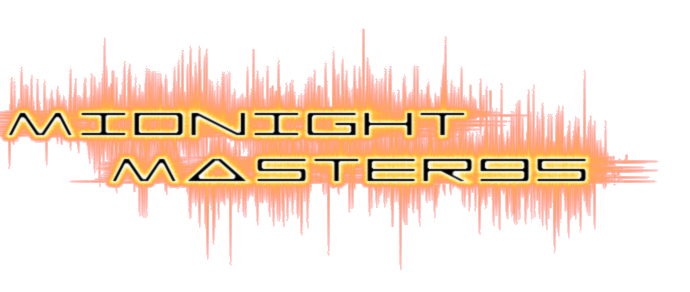In the world of operating systems, Microsoft Windows has been a dominant player for decades. It has evolved and adapted over the years, but in recent times, many users have noticed a significant decline in its performance and features.
Back in the old days before Windows XP, there was a clear distinction between the consumer line (Windows 95, 98, ME) and the professional line (Windows NT 3, NT 4, 2000). The professional line was known for its reliability and lack of unnecessary consumer features. However, with the release of Windows XP, this changed.
Windows XP marked the beginning of Microsoft's focus on the consumer market. They introduced the Home and Professional editions, which were essentially the same operating system with different features. This worked well for a while, and even with the release of Windows 7, the professional line remained intact.
However, with the launch of Windows 8, things started to go downhill. Microsoft went all-in on the consumer version, completely neglecting the professional line. This led to the demise of the true professional edition of Windows.
So, what's wrong with the consumer version, you may ask? Well, for starters, it comes with a bunch of unnecessary features that professional users don't want or need. These features not only take up space but also slow down the system. Additionally, Windows has been known to collect user data and track their online activities, compromising their privacy.
One of the biggest issues with the current version of Windows is the lack of freedom for users. Unlike the previous versions, Windows 8 and above do not allow users to fully customize their operating system. They have limited control over the settings and features. For example: There is no option to disable Windows Defender, the built-in antivirus software.
Even the Enterprise LTSC (Long Term Servicing Channel) versions, which are marketed as the professional edition, have their flaws. While they are better than the consumer version, they still do not respect the user's privacy and limit their freedom.
Due to these changes, many users have started to look for alternatives, and one of the most popular options is Linux. Linux is an open-source operating system that offers complete control and customization options to its users. It is also known for its privacy and security features, making it a preferred choice for many.
In conclusion, the decline of the professional line in Microsoft Windows has led to a lack of privacy and freedom for users. While there are still some options for professional versions, they too have their limitations. As a result, many users have switched to alternative operating systems like Linux. It remains to be seen if Microsoft will bring back a true professional version in the future, but until then, many users - including me - won't be coming back.
-
Why Microsoft Windows Sucks These Days: A Look at the Decline of the Professional Line

User Feedback
Important Information
We have placed cookies on your device to help make this website better. You can adjust your cookie settings, otherwise we'll assume you're okay to continue.

Recommended Comments
There are no comments to display.